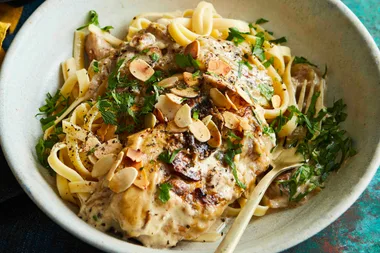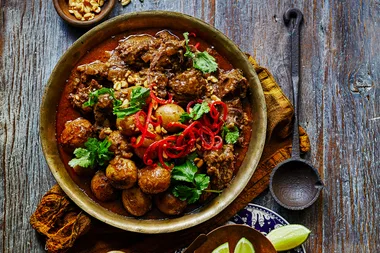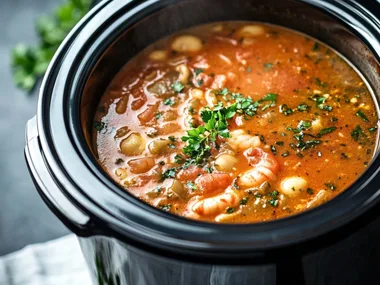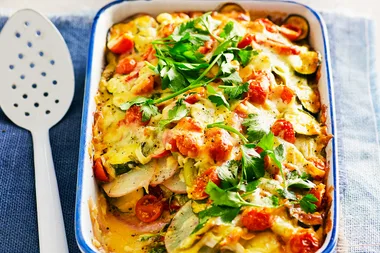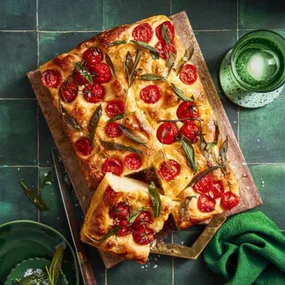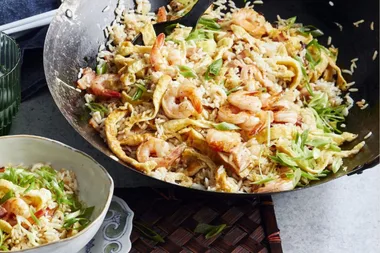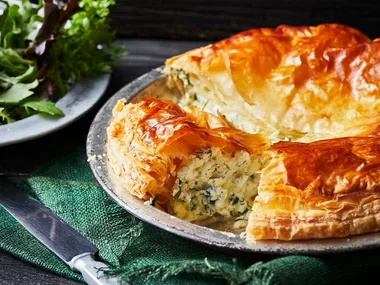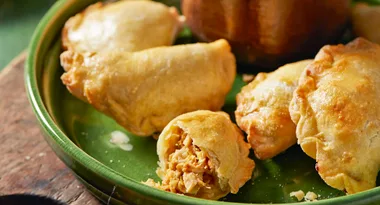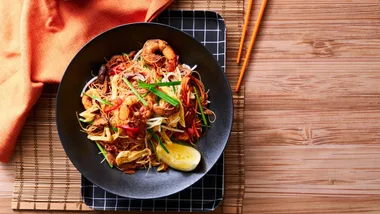Nobody likes to waste food, and even worse, waste money by wasting food. Sometimes it can’t be helped, but there are certainly ways we can all reduce our waste, and at the same time reduce the amount of money we spend on groceries.
Freezing food is an excellent way to make it last longer, as well as a great way to save your leftovers from being thrown out. That bowl of leftover pasta sauce will definitely come in handy one day when you just can’t be bothered cooking!
With food safety recommendations, some people may be reluctant to freeze certain foods for fear of falling ill from food poisoning. Just the thought of illness can make you want to play it safe and just throw the food out! Luckily, we have compiled a list of foods that you can safely freeze, so you can stop the waste and the expenditure.
Here are 13 foods that you might not have realised you can freeze.
1. Butter
If you see butter or margarine on special, you can grab a few tubs and stick them in the freezer. They will keep for approximately six months.
2. Milk
No one likes the taste of long-life milk, so it’s a good thing you can pop a few bottles of fresh milk in the freezer. Great to do if you see a good deal, and you won’t have to worry about not having milk for your cereal or coffee.
3. Eggs
Most people don’t realise that you can freeze eggs! You can do this by separating the yolks from the whites and freezing separately (you need to beat a little salt in with the yolks so they don’t get gelatinous when frozen), or you can beat the whites and yolks until combined and freeze in small containers.
It’s probably not ideal if you’re after a nice, fresh egg for breakfast, but perfect if a recipe calls for a little egg and you don’t have any fresh ones on hand, and they can stay in your freezer for up to a year.
4. Flour
You can store flour in an airtight container in the freezer for up to two years. It’s a good way to store it so it doesn’t go rancid.
5. Lunch meat
You can freeze lunch meat in its packaging, or in freezer bags. Sometimes it may get a little watery when thawed, but it’s safe to do.
6. Biscuits
If you’ve done a big batch of baking, you can store some in the freezer for later in an airtight container. Good to know if you don’t like to bake a lot!
7. Casseroles and soup
Having some frozen casseroles and soups handy is so good if you’re sick, busy, or just can’t be bothered cooking. You can just thaw and heat and you’ve got a nice, home-cooked meal with no effort.
8. Bread
Having a few loaves in the freezer can save you the Sunday night supermarket or bakery dash when you realise you don’t have any fresh bread. It thaws well, and is especially good to use for toast. Another good tip is to put a couple of slices in individual freezer bags, so you don’t have to open or thaw a whole loaf if you’re just after some toast.
9. Wine
Not for drinking, but if you’ve opened a bottle that you don’t particularly fancy, you can pour it into ice cube trays and freeze it. Perfect for risottos and pasta sauces!
10. Fruit
If you’ve got some fruit that’s at the brink of overripeness, but you’re not going to be able to eat it all, you can cut it up and freeze it. Frozen fruits like mango and bananas are perfect for smoothies or sorbets.
11. Vegetables
Most vegetables freeze well, and even better if you blanche them first. You can buy seasonal veggies cheap and use them in stews or soups later on.
12. Herbs
If you buy a bunch of fresh herbs in the supermarket, you’ll often only end up using a small portion. They can be expensive, so it’s great to know that you can pop them in a freezer bag or airtight container and keep them for the next dish that calls for herbs.
13. Pasta sauce
The pasta itself is nicer fresh, but it’s such a good idea to cook double batches when you make your favourite pasta sauces, and freeze half for next time. That way, the next time you crave your Bolognese, all you need to do is thaw, reheat, and cook the pasta.
This article originally appeared on Starts at 60.
 Getty Images
Getty Images
